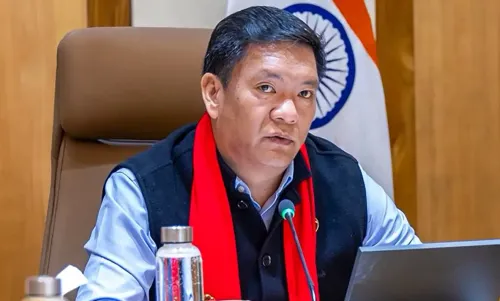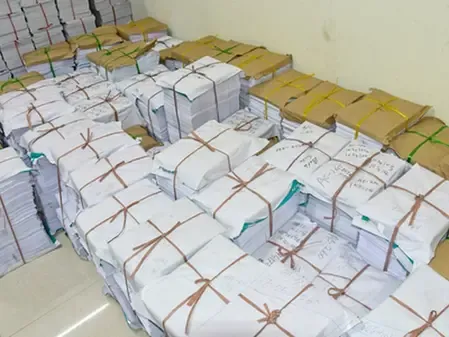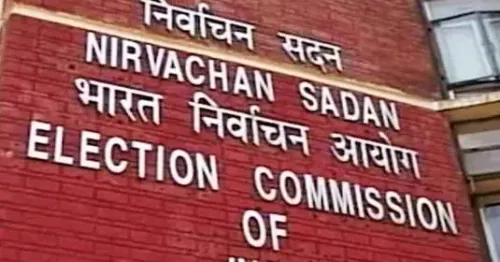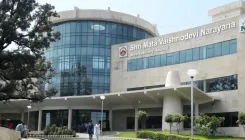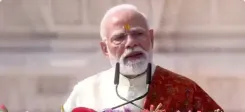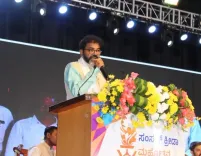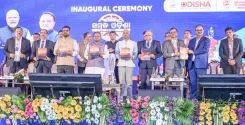Shiv Sena Comments on Uddhav-Raj Thackeray Alliance Speculation: No Major Impact on Maharashtra's Political Landscape
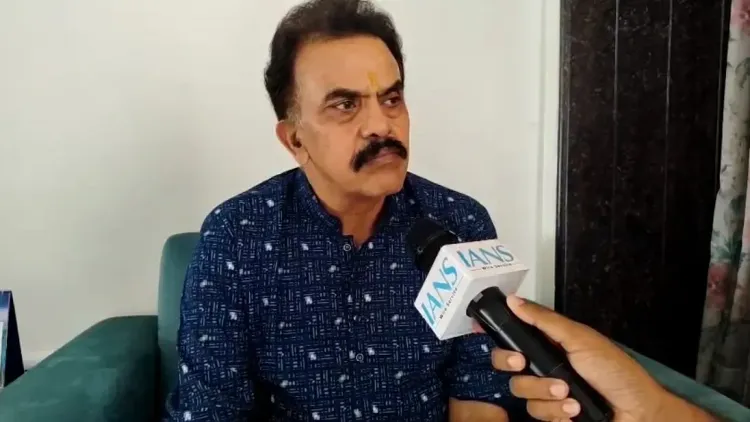
Synopsis
Key Takeaways
- Shiv Sena downplays potential alliance between Uddhav and Raj Thackeray.
- Sanjay Nirupam questions the political motivations behind the reconciliation.
- MNS faces decisions about aligning with Uddhav's faction.
- Editorial in ‘Saamana’ emphasizes unity among Marathi people.
- Criticism directed at central leaders lacking genuine connection to Maharashtra.
Mumbai, April 21 (NationPress) Shiv Sena on Monday addressed speculation regarding a possible reconciliation between the estranged cousins Uddhav Thackeray, leader of Shiv Sena (UBT), and Raj Thackeray, head of Maharashtra Navnirman Sena (MNS).
The two are said to have put aside nearly two decades of political rivalry, igniting discussions about a potential alliance.
In an interview with IANS, Shiv Sena leader Sanjay Nirupam dismissed the importance of this potential union, stating: “This reconciliation will not significantly alter the political dynamics of Maharashtra. I am astonished by Uddhav Thackeray’s approach. It seems both unfortunate and perilous that a party struggling to win elections independently resorts to alliances with Congress, compromising with Muslim votes. Despite these efforts, they managed only 20 seats in the Assembly elections. Now, they seek support from MNS.
Nirupam further questioned whether MNS should collaborate with Uddhav Thackeray’s faction, which he claimed has become aligned with a specific vote bank.
“MNS must determine if it wishes to partner with a party that has transformed into a ‘Muslim League’ or with Uddhav Thackeray, who now operates under the influence of Muslim clerics. Uddhav has allied with individuals accused of terrorism and bomb blasts in Mumbai, all while featuring them as campaign stars. Is this truly in Maharashtra’s best interest?” Nirupam inquired.
The Shiv Sena leader also questioned the political intentions behind the proposed alliance, implying it was more about electoral gains than the welfare of Maharashtra.
“If those supporting such alliances believe it’s beneficial for Maharashtra, they are welcome to move forward. We have no objections,” he concluded.
Simultaneously, the Shiv Sena (UBT) publication ‘Saamana’ reacted to the speculation regarding the Uddhav-Raj Thackeray alliance, labeling it a ‘fitting response’ to those who are ‘anti-Maharashtra’.
The editorial asserted: “The Marathi people possess the strength to combat those who threaten Maharashtra’s interests. Hence, the Marathi community must unite. Raj Thackeray recognizes this, and Uddhav Thackeray has responded affirmatively.”
The notion of a potential reconciliation gained traction on Saturday when Uddhav Thackeray positively responded to Raj Thackeray’s suggestion to set aside differences for the greater good of Maharashtra. This possible reunion has since sparked a heated debate.
Raj Thackeray, who departed from the undivided Shiv Sena in 2005 due to disputes with his cousin Uddhav and the party’s leadership, established MNS in 2006. The two cousins have walked separate political paths, with Uddhav leading Shiv Sena (UBT) and Raj at the helm of MNS.
In an editorial, ‘Saamana’ further highlighted the necessity for unity among the Marathi populace, emphasizing that conflict and division within Maharashtra over generations will only jeopardize the state’s future.
The publication also criticized the central government, stating, “Prime Minister Narendra Modi, Home Minister Amit Shah, and Chief Minister Devendra Fadnavis do not genuinely represent Maharashtra. How can they adequately represent the state if they lack understanding of its people?”

